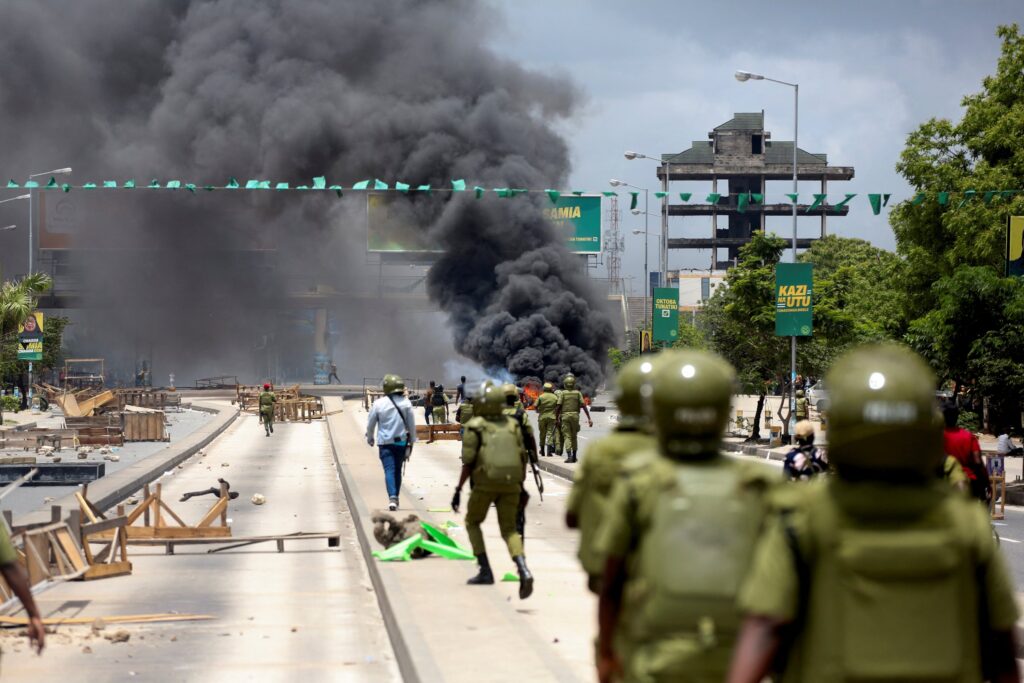Tanzania remains under a partial internet blackout following the restoration of limited connectivity after a five-day shutdown that coincided with a tense and controversial general election. The shutdown, which began on October 29, came amid reports of demonstrations, unrest, and widespread allegations of electoral malpractice.
According to NetBlocks, a global internet observatory, restrictions on several social media and messaging platforms persist despite partial restoration of services. The group’s live metrics published Monday evening revealed that access to popular platforms remained restricted across much of the country.
Amnesty International has condemned the move, calling it a violation of human rights. “Imposing internet shutdowns, especially when people are protesting, stops important information from reaching citizens—such as how to find areas of safety or contact emergency services,” the organization said in a statement. It further warned that the blackout hampers local and international bodies from documenting human rights abuses, including killings and the use of excessive force by security forces.
When partial access was restored on Monday evening, Tanzanian users received messages from police cautioning them against sharing photos or videos that could “cause panic.” Meanwhile, a curfew starting at 6 pm remains in place, with security agencies threatening action against anyone accused of disturbing public order.
“Even if you see propaganda on social media about any area of Dar es Salaam, know that the power used to control it will be seven times greater than the force applied to create it,” warned Dar es Salaam Regional Commissioner Alfred Chalamila.
President Samia Suluhu Hassan, 65, was declared the winner with 98 percent of the vote, a result dismissed by the opposition Chadema party as fraudulent. The opposition claims hundreds were killed during protests, but the government insists the figures are exaggerated.
The ongoing internet restrictions have crippled verification of alleged assaults and killings, drawing widespread criticism from rights groups who describe the election as deeply flawed and marred by repression.

